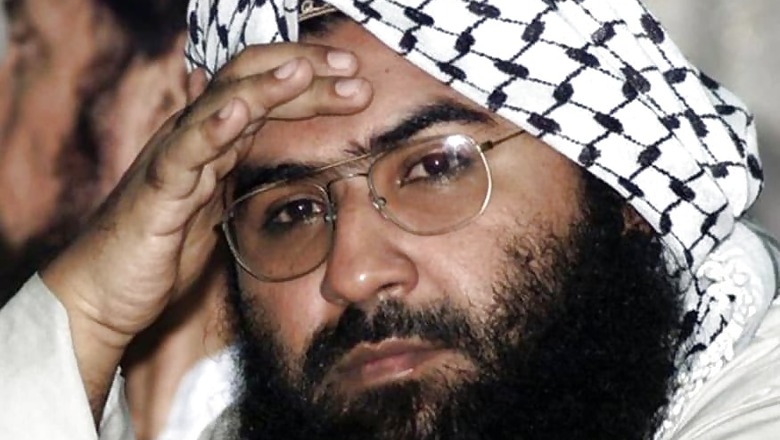
views
United Nations: India has hit out at China for protecting Jaish-e-Mohammed (JeM) leader Masood Azhar by preventing the Security Council from sanctioning him as an international terrorist because of its "narrow political and strategic concerns."
"On counter-terrorism, cooperation continues to elude the Council, as it falls victim to narrow political and strategic concerns," India's Permanent Representative Syed Akbaruddin told the Council on Wednesday without naming China.
"On an issue as serious as designation of terrorist individuals and entities, the Council-mandated Sanctions Committees fail to make concrete progress, thus putting our common security in peril."
Last month China once again blocked a move by Britain, France and the US to list Azhar, the mastermind of last year's attack on the Pathankot air force base, as a global terrorist by using its veto power. He lives in Pakistan, an ally of China.
Speaking during the debate on "Complex Contemporary Challenges to International Peace and Security," Akbaruddin said terrorism "is a common challenge which requires greater focus by this Council, one where closer international cooperation needs to be, can be and should expanded for common interest.
"But, it appears that this common threat and its seriousness to states and societies is not clearly understood here."
The threats to international peace are intensified by the globalization of terror networks, which operate across borders propagating "hateful ideologies, sometimes based in deep-rooted perceived grievances," raising finances, getting arms and recruiting operatives.
He questioned the very legitimacy of Council and its credibility in dealing with today's complex challenges.
"An instrument that is no longer considered legitimate and has lost its credibility cannot be our hope for salvation," he said. "New realities cannot be addressed by using old paradigms.
Making a case for reforming the Council to make it more representative, he said, "The reasons for the lack of success of international structures designed seven decades ago in dealing with the complex challenges of today are self- evident. A non-representative Council, designed many long years ago to maintain the balance of power among competing rivals, is simply not equipped to handle the challenges that have changed beyond recognition."













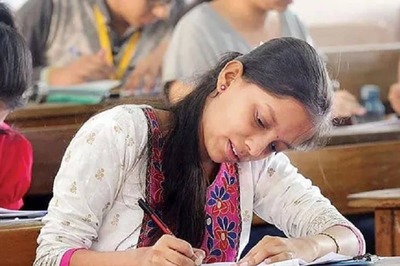


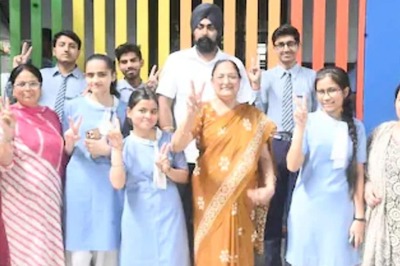
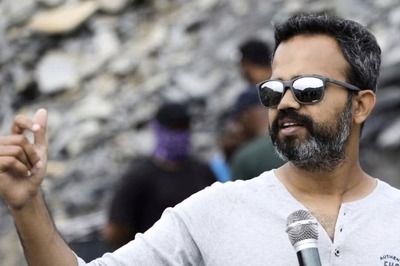

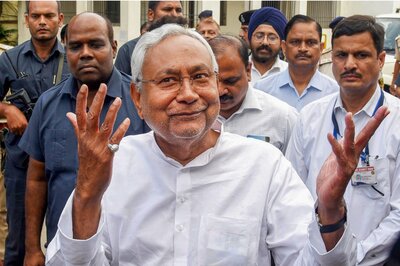
Comments
0 comment